高三英语一轮复习优秀教案设计
——必修一 Unit2 Travelling around
Ⅰ. Teaching Objectives:
Knowledge and Skills:
➀Recall and use vocabulary related to travel, including modes of transportation, accommodation, and tourist attractions.
➁Ddemonstrate an understanding of sentence structures for describing travel experiences and planning trips.
➂Improve their reading comprehension skills by analyzing texts on travel and related topics.
Process and Methods:
➀Engage in interactive activities such as discussions, group work, and role-playing to enhance language proficiency.
➁ Practice using English in authentic contexts by simulating travel scenarios.
➂ Develop critical thinking skills through analyzing and evaluating travel experiences.
Attitudes and Values:
➀ Cultivate a passion for travel and an appreciation for different cultures.
➁ Learn to be respectful and open-minded towards other cultures and traditions.
➂ Develop a sense of responsibility for sustainable travel practices.
II. Teaching Focus and Difficulties
Focus:
➀ Vocabulary mastery and application related to travel.
➁ Comprehension and analysis of travel texts.
➂ Oral and written communication about travel experiences and plans.
Difficulties:
➀Using appropriate vocabulary and sentence structures to describe complex travel experiences.
➁ Integrating language skills (listening, speaking, reading, writing) in authentic contexts.
➂ Creative writing on personal travel experiences or plans.
III. Teaching Process
任务一:单元晨背 语基默写
任务二:夯基培优 内化整合
任务三:随堂练兵 赋能提升
IV. Teaching Methods and Techniques:
➀ Task-based language teaching to engage students in meaningful activities.
➁ Cooperative learning through group work and pair activities.
➂ Interactive whiteboard and multimedia resources to enhance visual learning.
➃ Authentic language use through simulated scenarios and real-world examples.
V. Classroom Practice, Homework, and Assessment
➀ Classroom Practice: Class discussions, role-plays, debates, and writing prompts.
➁Homework: Write a complete essay on a travel-related topic, prepare a short
presentation on a dream destination, or collect and analyze information about a cultural
festival in a foreign country.
➂Assessment: Formative assessment through class participation, peer feedback, and teacher observations during activities. Summative assessment through graded writing assignments and possibly a quiz on vocabulary and comprehension of the reading material.
VI. Auxiliary Teaching Resources and Tools
➀ Multimedia Materials: Use videos, images, and audio clips related to travel to enhance understanding and engagement.
➁Interactive Whiteboard: Utilize the whiteboard for displaying text passages, maps, vocabulary lists, and sample responses.
➂Online Resources: Provide links to reputable travel websites, educational videos, or interactive quizzes as supplementary learning materials.
➃ Mobile Applications: Suggest language learning apps or travel apps that students can use for further practice and exploration.
VII. Conclusion
By the end of this lesson, students will have not only reviewed and expanded their knowledge of travel-related vocabulary and sentence structures but also practiced their listening, speaking, reading, and writing skills in authentic contexts. Through engaging activities and creative expressions, students will develop a deeper appreciation for travel and diverse cultures while enhancing their overall English proficiency.
VIII. Teaching Reflection
After the lesson, it is essential to reflect on its effectiveness and identify areas for improvement. Some questions for reflection include:
➀ Did the activities engage students' interest and encourage active participation?
➁ Did the variety of teaching methods and techniques contribute to student learning?
➂Were there any challenges encountered during the lesson, and how could they be addressed in future iterations?
➃How could homework assignments be modified to better align with students' learning needs and interests?
➄What positive outcomes or student achievements stood out during the lesson, and how can these be celebrated and built upon in future classes?
By continuously reflecting and adjusting teaching strategies, educators can ensure that their lessons remain engaging, relevant, and effective in helping students achieve their learning goals.
教师简介:俞鹏 麻城一中英语教研组长,麻城名师、黄冈市优秀学科教师。所讲公开课多次获得黄冈市、麻城市“优质课一等奖”;曾在《英语周报》、《学英语》、《英语街》等报刊杂志上发表论文。
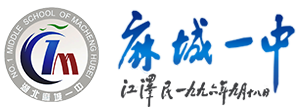
.jpg)
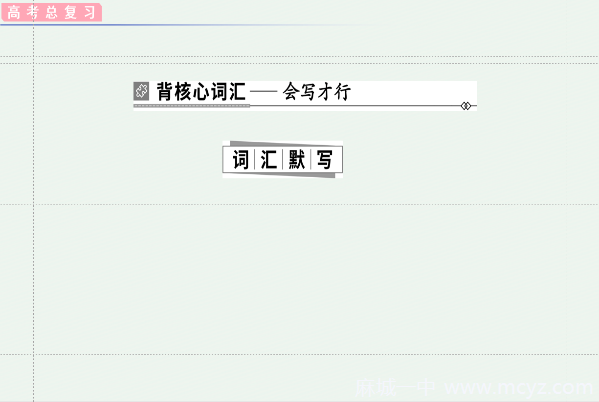
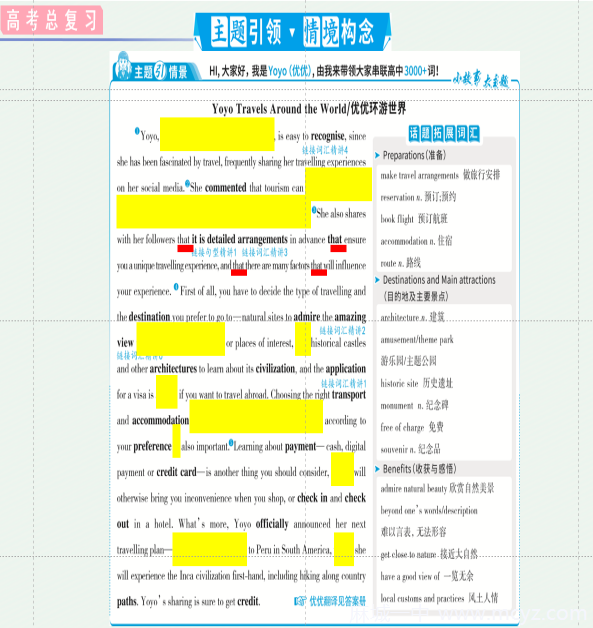
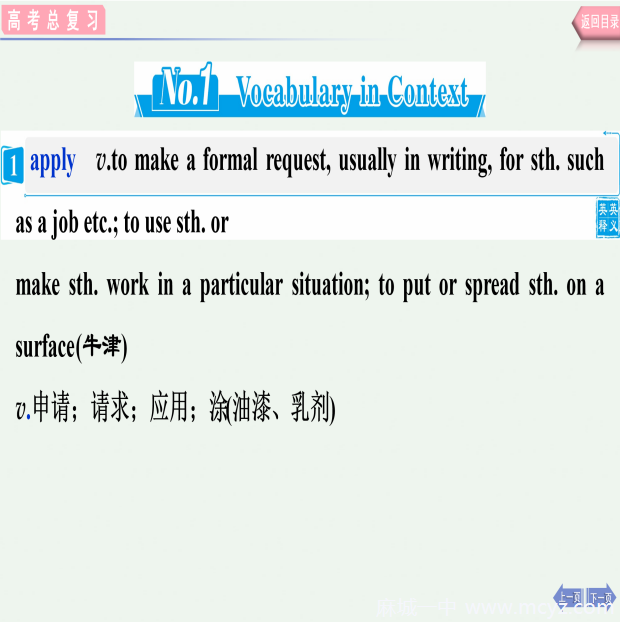
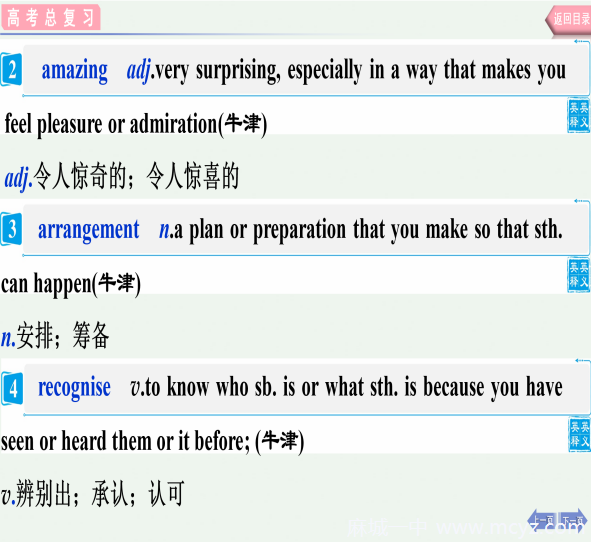
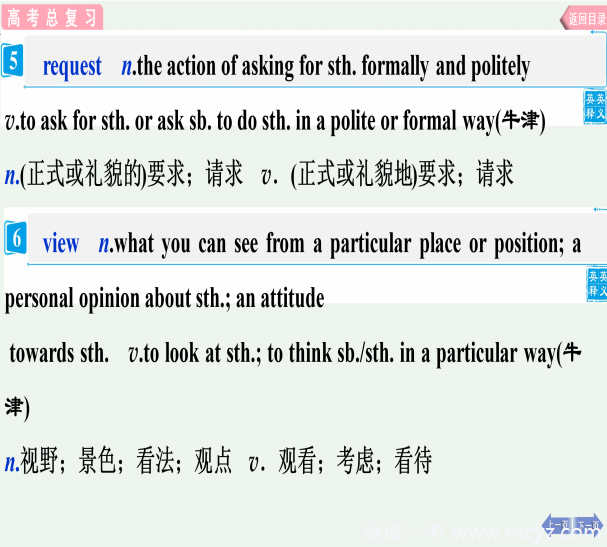
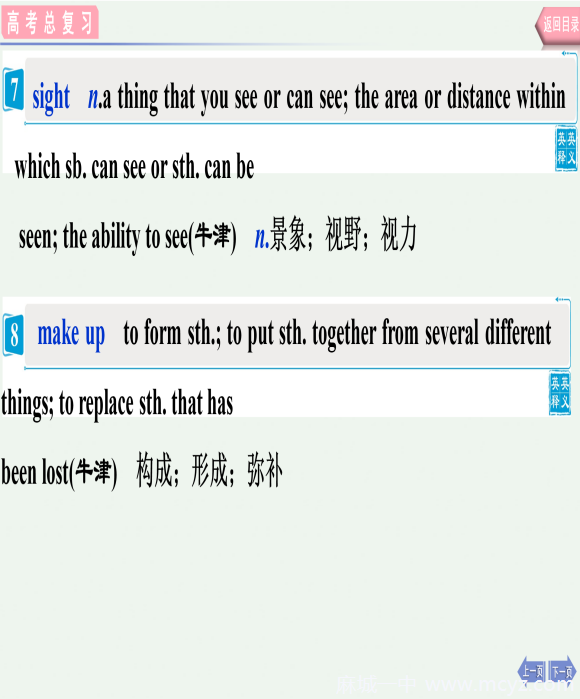
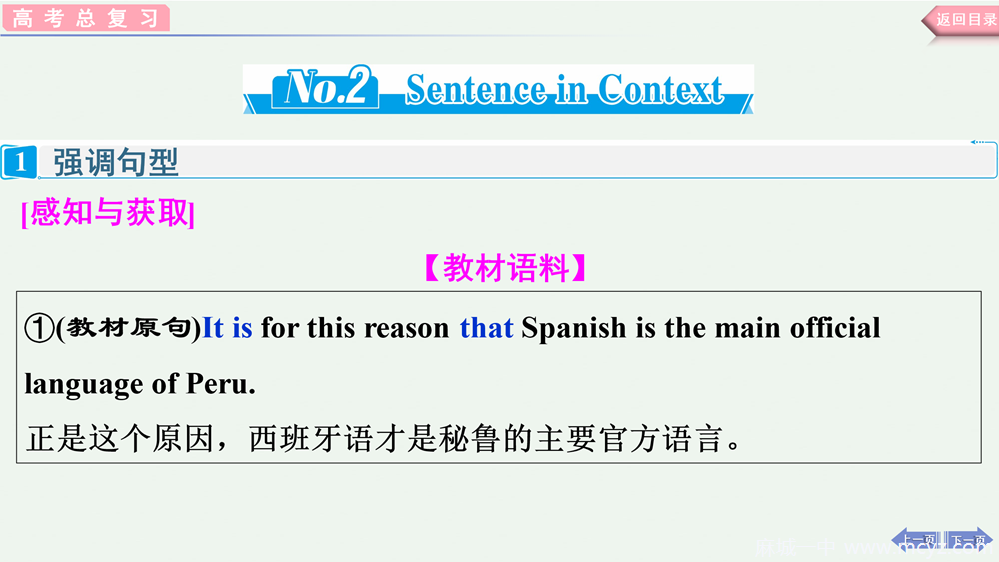
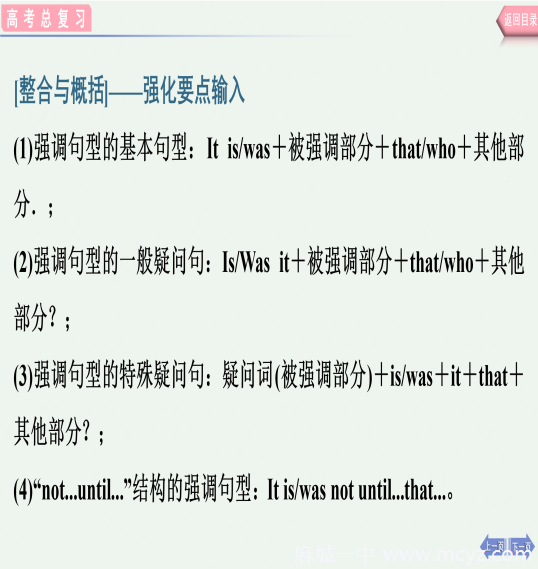
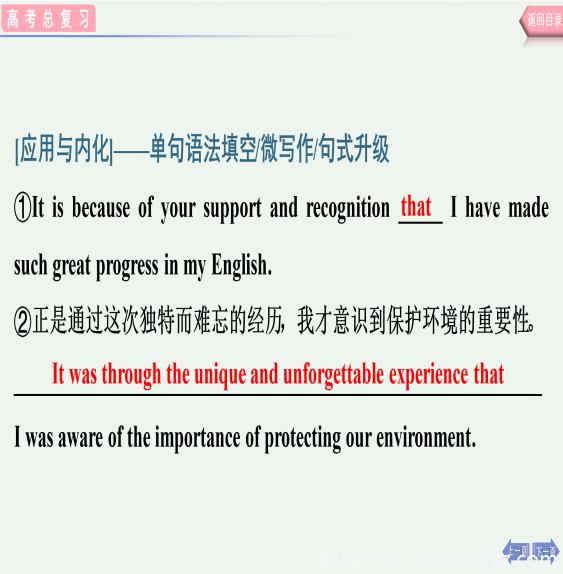
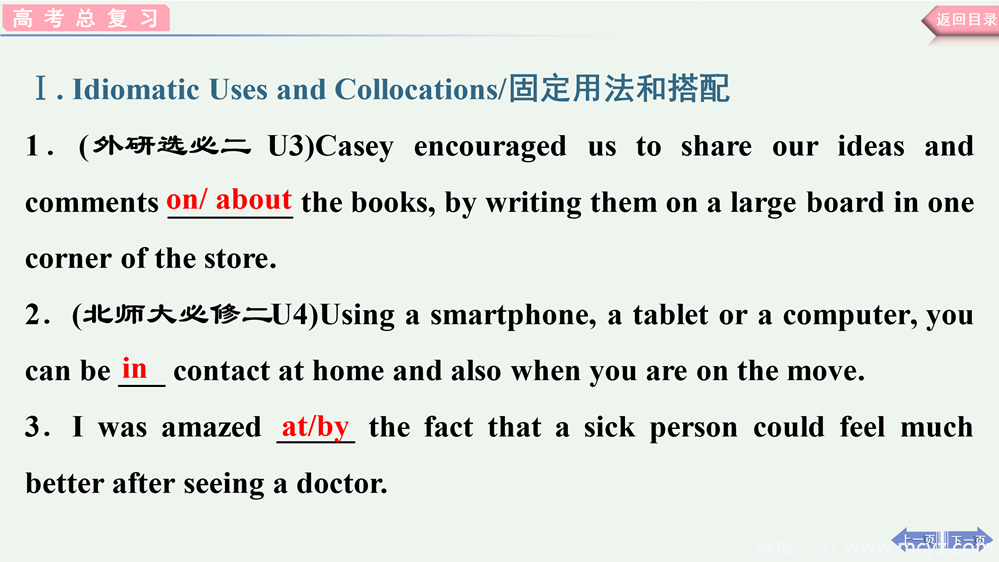
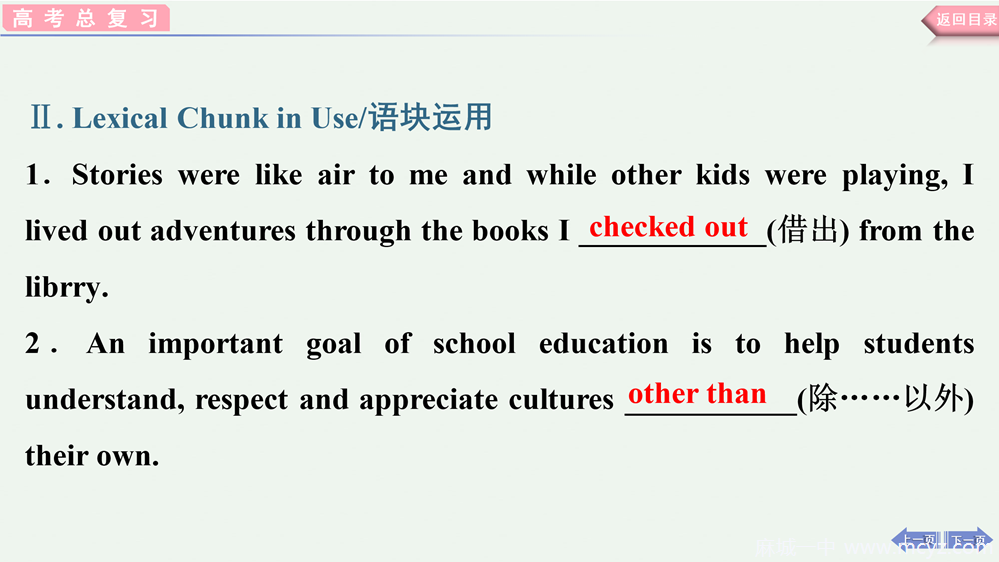
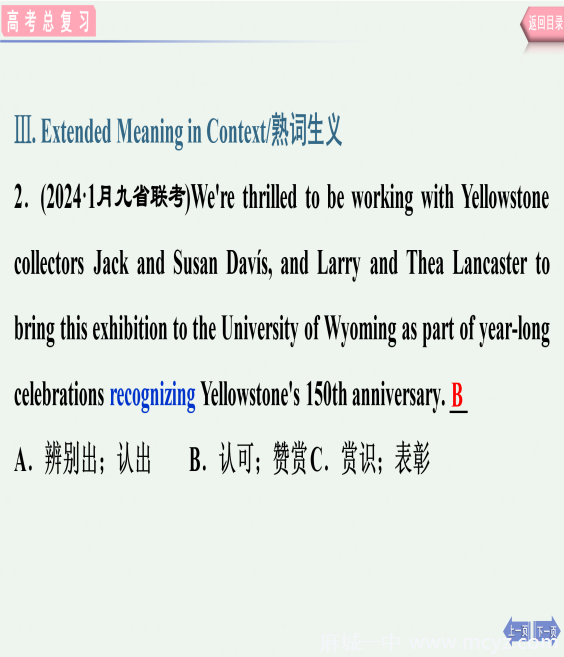
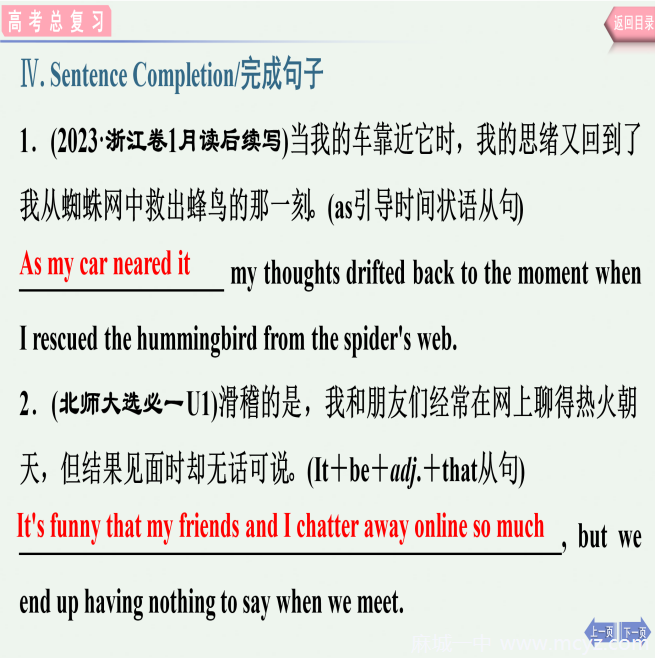
账号+密码登录
手机+密码登录
还没有账号?
立即注册